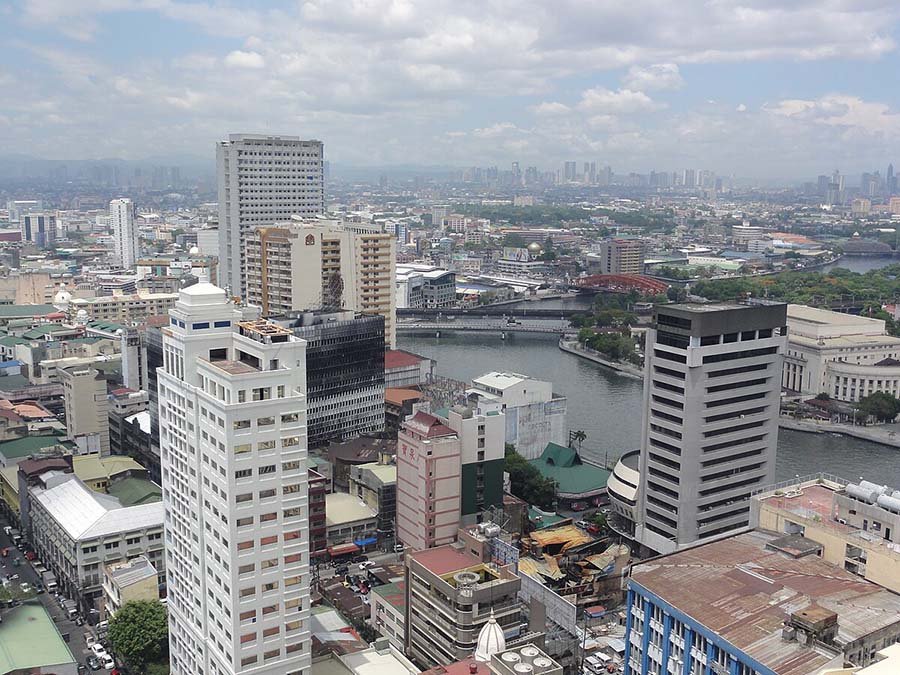The Philippines Allows Foreigners to Lease Land for 99 Years

Photo: Wikimedia
The Philippines has extended the maximum lease term on private land for foreign investors from 50 to 99 years, Bloomberg reports. Authorities say the move is aimed at stimulating long-term investment in industry, tourism, and agriculture. The country’s Constitution still prohibits foreign ownership of private land.
President Ferdinand Marcos Jr. has signed a law liberalizing the lease of private land by foreign companies. The measure amends the 1993 framework: previously, leases ran for up to 50 years with a possible 25-year extension. The president retains the authority to shorten lease terms for companies operating in strategic areas such as national security or critical infrastructure. This week, lawmakers also agreed on a new tax regime for large-scale mining, with profit-based taxation that businesses say could attract new capital to the sector.
Business groups had earlier voiced concerns about legal uncertainty, especially for long-horizon projects, Reuters notes. In June, foreign chambers said longer leases would create a “more stable and predictable leasing system.” According to the central bank, net FDI inflows fell 26.9% to about $3.0 billion in January–May 2025 from $4.04 billion a year earlier, while UNCTAD data shows the Philippines still trails its Southeast Asian peers—$8.9 billion in 2024 versus $20.17 billion for Vietnam and $24.2 billion for Indonesia.
The new rule is expected to improve the investment climate and make the country more attractive for large projects—from industrial parks and factories to hotels and agribusiness. David Leechiu, CEO of Leechiu Property Consultants, said the law would unlock foreign capital and give businesses longer payback periods—especially important for hotels that can spur tourism growth.
Meanwhile, farmers’ group Kilusang Magbubukid ng Pilipinas condemned the change, calling it a “blatant betrayal” of national interests and a threat to the rights and welfare of millions. “The law subordinates Philippine sovereignty and domestic interests to big foreign capital and a handful of local landlords,” KMP said. The group warned of increased land-grabbing, evictions, harassment and violence—especially affecting farmers, fisherfolk, indigenous communities, and the urban poor—and predicted speculative pressure on farmland that should be producing food.
In Q1 2025, the economy grew 5.4% year-on-year, similar to 5.3% in Q4. Average inflation in the first five months was 1.9%, below the central bank’s 2%–4% target range. In summer, the government trimmed its 2025 growth forecast to 5.5%–6.5% (from 6%–8%) and now projects a budget deficit of 5.5% of GDP in 2025 and 5.2% in 2026 (previously 5.3% and 4.7%). BSP officials said updated projections are broadly consistent with the outlook for manageable inflation and moderate, steady growth.
Read also:
Key Risks for the Global Economy in 2025: Knight Frank
Europe-to-Asia Travel Flows: New Priorities
Data Centers in Asia: Growth under AI and Resource Constraints
Global Real Estate Outlook: Investors Hunt for Top Locations
Investment Priorities 2025: Where Global Capital Is Moving
Подсказки: Philippines, land lease, 99-year lease, foreign investment, FDI, real estate, agriculture, tourism, mining tax, Marcos Jr., constitution, Southeast Asia








